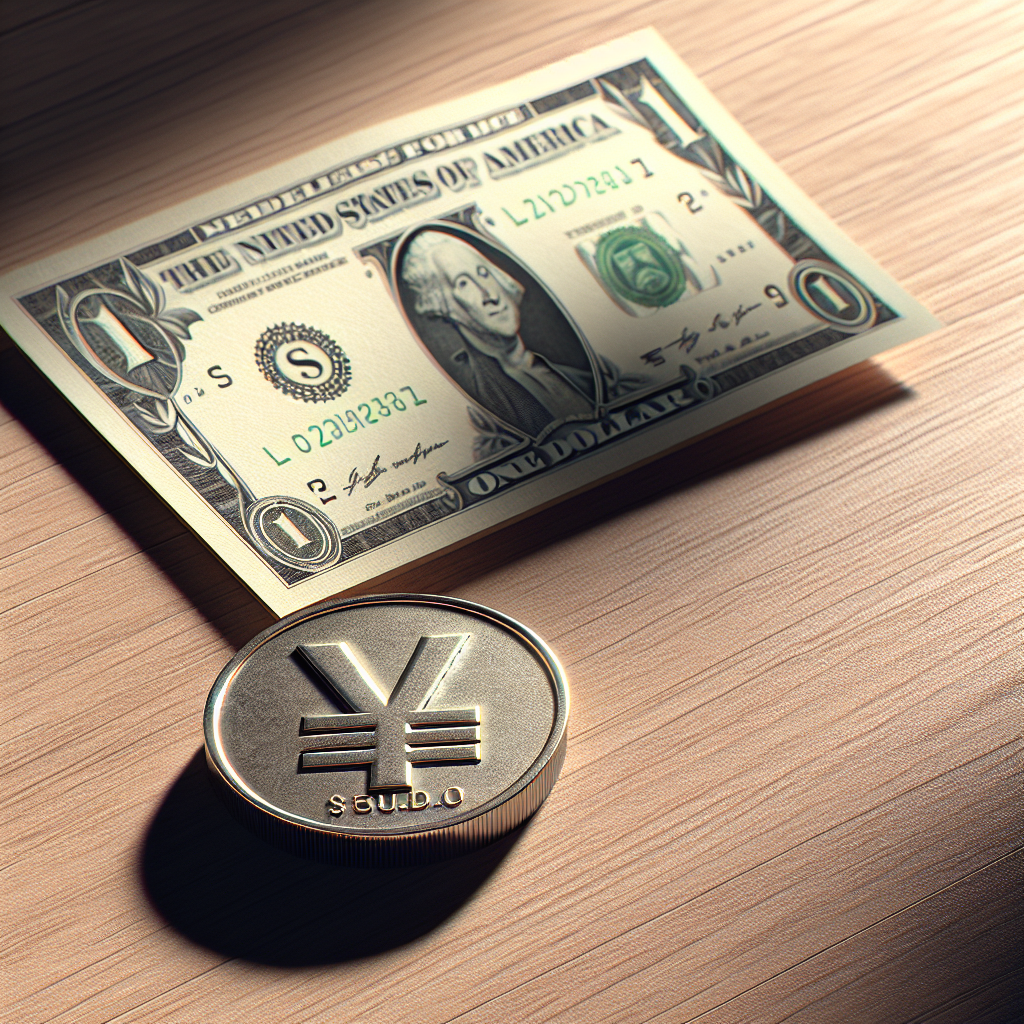Dollar Rallies Amid Middle East Tensions and Global Market Reactions
The dollar maintained significant gains following an Iranian missile attack on Israel, spiking safe-haven asset purchases. It gained against the yen as Japan's new PM downplayed further rate hikes. The euro remained stable, and oil prices became a market focus amid Middle East conflicts. Critical U.S. economic data is forthcoming.

The dollar held on to its biggest gains in a week on Wednesday after an Iranian missile attack on Israel drove the buying of safe haven assets as investors fretted about the widening of conflict in the Middle East. It also jumped against the yen as Japanese officials, including new Prime Minister Shigeru Ishiba, talked down the chances of another Bank of Japan rate hike.
The euro remained largely unaffected against the dollar at $1.1069 after experiencing its most significant drop in nearly four months on Tuesday, falling 0.6%. The U.S. dollar index, which measures the currency against a basket of peers, stayed steady at 101.32 post a 0.5% rise on Tuesday.
Iran declared its missile attack on Israel, its most extensive military operation against the Jewish state, concluded barring further provocations. Both Israel and the U.S. promised to respond to Tehran's actions. Iran stated it fired over 180 ballistic missiles, citing retaliation for Israeli acts against militant leaders and aggression in Lebanon against Hezbollah.
The market reaction to the Middle East tensions primarily impacted oil prices. 'The oil price does appear to be where the market is taking its steer from,' stated Jane Foley, head of FX strategy at Rabobank, noting Brent crude oil remains at $75 a barrel.
In Japan, the dollar rose by 0.77% against the yen, setting the exchange rate at 144.71 yen per dollar. Bank of Japan Governor Kazuo Ueda avoided reiterating the central bank's intention to continue rate hikes. Following a meeting with Ueda, PM Ishiba stated Japan is unlikely to see an additional interest rate increase, leading to further yen depreciation.
Meanwhile, the Swiss franc and sterling showed minor fluctuations against the dollar. Bets on an ECB rate cut this October influenced the euro's drop, which was also aided by stronger-than-expected U.S. job data.
Attention shifts to upcoming U.S. private payroll data and the U.S. employment report for September. Additionally, dockworker strikes on the East and Gulf Coasts are disrupting nearly half of the nation's ocean shipping, further affecting market dynamics.
In politics, Vice Presidential candidates J.D. Vance and Tim Walz engaged in a debate that saw a modest market reaction.
(With inputs from agencies.)
- READ MORE ON:
- dollar
- market
- tensions
- Middle East
- oil prices
- Yen
- euro
- economy
- central bank
- strike
ALSO READ
Currency Fluctuations: Yen's Unpredictable Climb and Market Reactions
New EU Commission Appointments to Shape Power Dynamics Across Europe
Calm Before the Fed Storm: Euro Zone Bonds Steady
Volunteers Fortify Floodwalls Amid Central Europe's Deadly Floods
Germany Pledges Additional 100 Million Euros Aid for Ukraine










